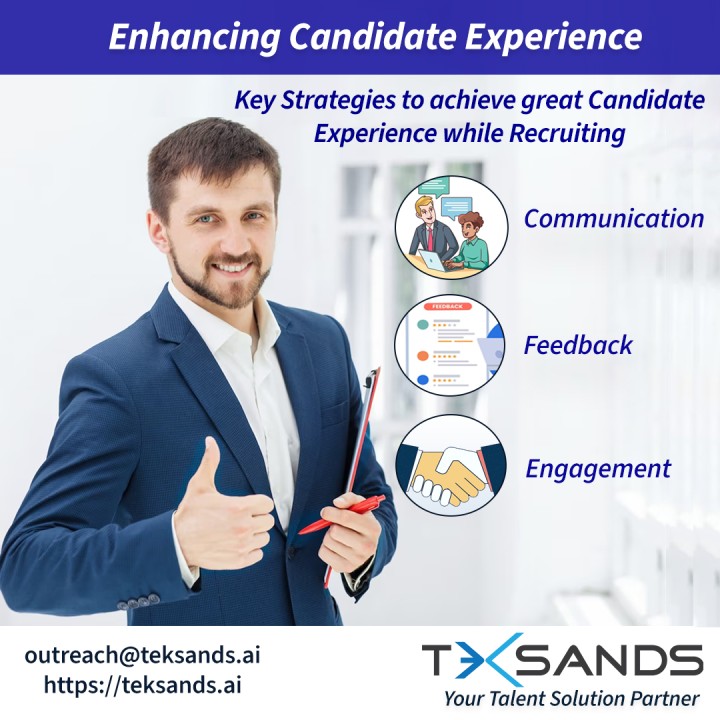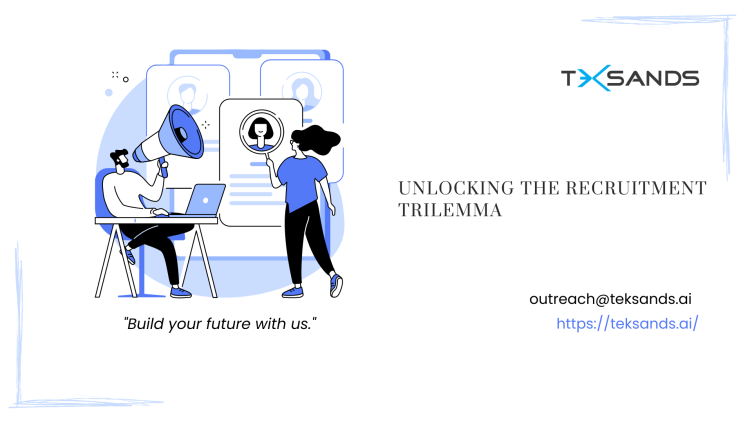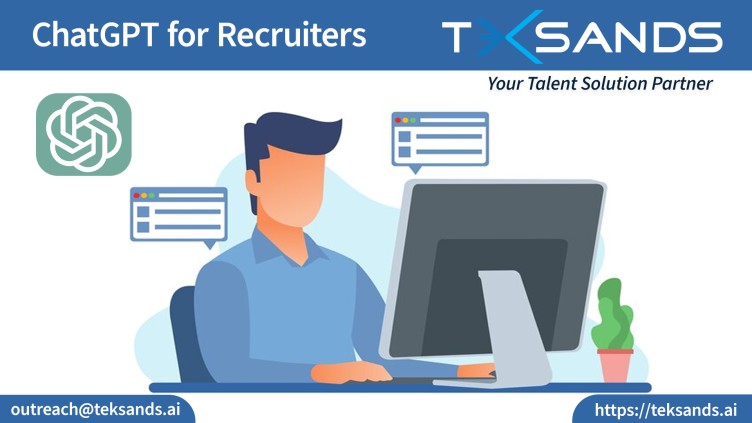
What are Cognitive Assessments and when should you use them

Course Lessons
| S.No | Lesson Title |
|---|---|
| 1 | What is Cognitive Assessment |
| 2 | Where can I find and practice Cognitive Assessments |
| 3 | I want to set up Cognitive Assessments for my Company or my Institution |
What is Cognitive Assessment
Cognitive assessments are a type of pre-employment testing that employers use to evaluate a candidate's mental abilities and aptitudes. These assessments are designed to measure a wide range of cognitive skills, such as memory, problem-solving, attention, and reasoning.
Cognitive assessments can be useful for recruitment because they help employers make more informed hiring decisions. By assessing a candidate's cognitive abilities, employers can gain insight into their potential for success in a given role. For example, a candidate who scores highly on a problem-solving assessment might be a good fit for a job that requires critical thinking and innovation.
Cognitive assessments may be administered through various means such as online assessments, pencil-and-paper tests, or through interactive exercises. These assessments can be used for different stages of the recruitment process such as screening, initial assessment or as part of the final round of interviews.
It is important for employers to use cognitive assessments responsibly and ethically, and ensure that the assessments used are validated and reliable to avoid potential discrimination or bias. It is recommended that organizations provide feedback to candidates and maintain transparency while using these assessments.
There are several types of cognitive assessments that employers may use during recruitment:
- Aptitude Tests: These are assessments that measure a candidate's ability to learn and acquire new skills. Examples include numerical reasoning, verbal reasoning, and abstract reasoning tests.
- Intelligence Tests: These assessments measure a candidate's general cognitive abilities, such as their ability to reason, problem-solve, and learn new information. The most commonly used intelligence test is the IQ (Intelligence Quotient) test.
- Working Memory Tests: These assessments measure a candidate's ability to retain and manipulate information in their short-term memory. Examples include digit span tests and n-back tests.
- Attention Tests: These assessments measure a candidate's ability to sustain attention and focus on a task. Examples include the Stroop test and the Continuous Performance Test (CPT).
- Executive Function Tests: These assessments measure a candidate's ability to plan, organize, and manage tasks. Examples include the Wisconsin Card Sorting Test and the Tower of London test.
It is important to note that each assessment measures different aspects of cognitive ability, and no single assessment can provide a complete picture of a candidate's abilities. It is also important to ensure that the cognitive assessments used are reliable, valid, and fair, and that they do not discriminate against any particular group of candidates.
Cognitive tests can be used in a variety of ways and for different purposes, some of which include:
- Recruitment: Cognitive tests are commonly used during the recruitment process to assess a candidate's cognitive abilities and aptitudes related to the job requirements. For example, an employer may use numerical reasoning tests to evaluate a candidate's ability to work with numbers, or abstract reasoning tests to assess their problem-solving skills.
- Training and Development: Cognitive tests can be used to identify areas where employees may need further training or development. For example, if an employee scores low on a working memory test, they may benefit from training that helps improve their memory and attention skills.
- Talent Management: Cognitive tests can be used to identify high-potential employees who may be suitable for leadership or management roles. For example, an employer may use executive function tests to evaluate a candidate's ability to plan, organize, and manage tasks.
- Performance Evaluation: Cognitive tests can be used to evaluate employee performance and productivity. For example, an employer may use attention tests to evaluate an employee's ability to sustain focus and attention during work tasks.
- Research: Cognitive tests can be used in research studies to investigate various aspects of cognitive ability and how they relate to different factors such as age, education, or health.
In summary, Cognitive tests are used to evaluate a person's mental abilities and aptitudes, such as memory, problem-solving, attention, and reasoning. These tests can be used for various purposes, including recruitment, training and development, talent management, performance evaluation, and research. The results of cognitive tests can help employers make more informed decisions about hiring, training, and career development. It is important to use cognitive tests ethically, using validated and reliable assessments, and avoiding discrimination against individuals or groups based on their cognitive abilities.
Where can I find and practice Cognitive Assessments
Teksands Accel is our comprehensive Assessment Platform where you may choose the type of test that you like and practice for Free. In Accel, you can practice on a variety of Cognitive Tests. Registering and getting started is a breeze and finding your way through the tests is very intuitive. < Getting Started for Free >
I want to set up Cognitive Assessments for my Company or my Institution
Teksands' Accel is a comprehensive Assessment Platform that includes a large database of Assessment Suites. These Assessment suites contain a number of Cognitive Tests that you can choose from. The Accel Assessment Platfom is loaded with feaures and so easy to use that it helps you set up your tests like a breeze, and also gives you the option of choosing from our Test Bank or Question Banks.
Like to know More about the Teksands Accel Assessment Platform. Click Here










